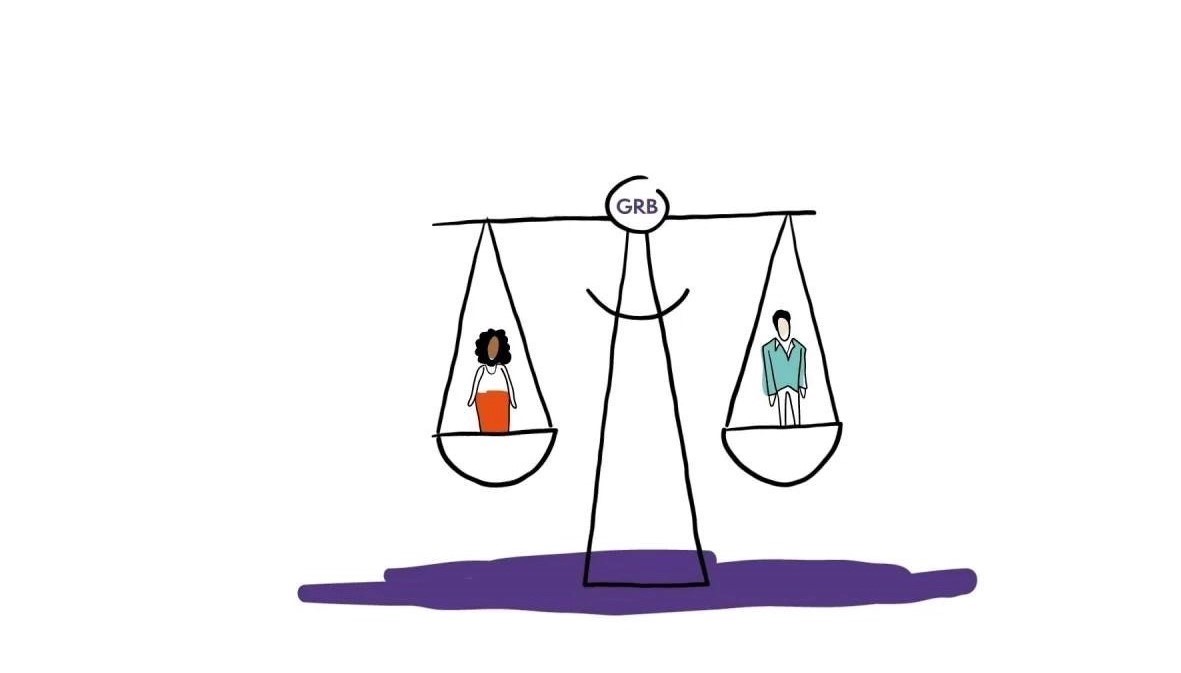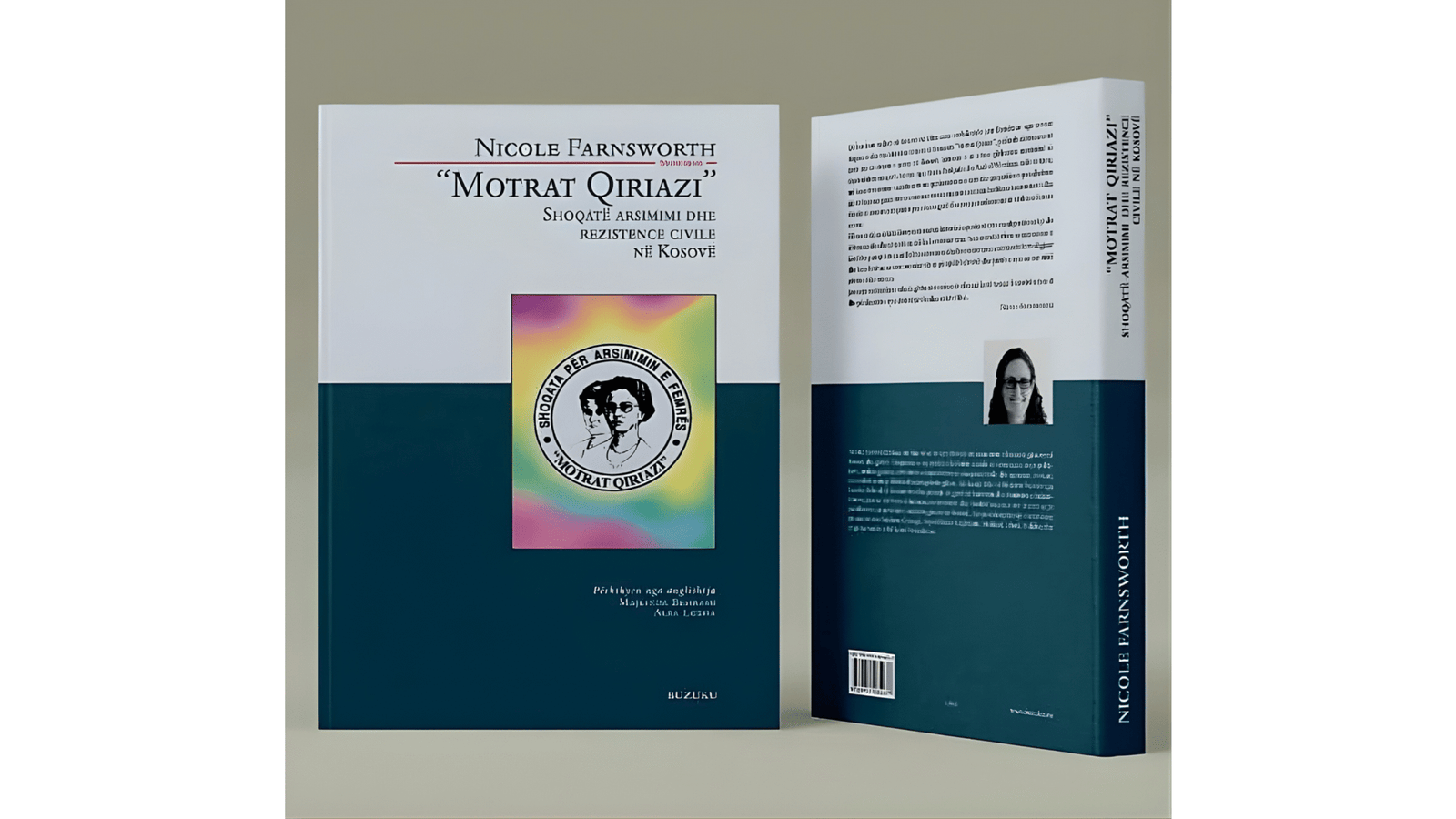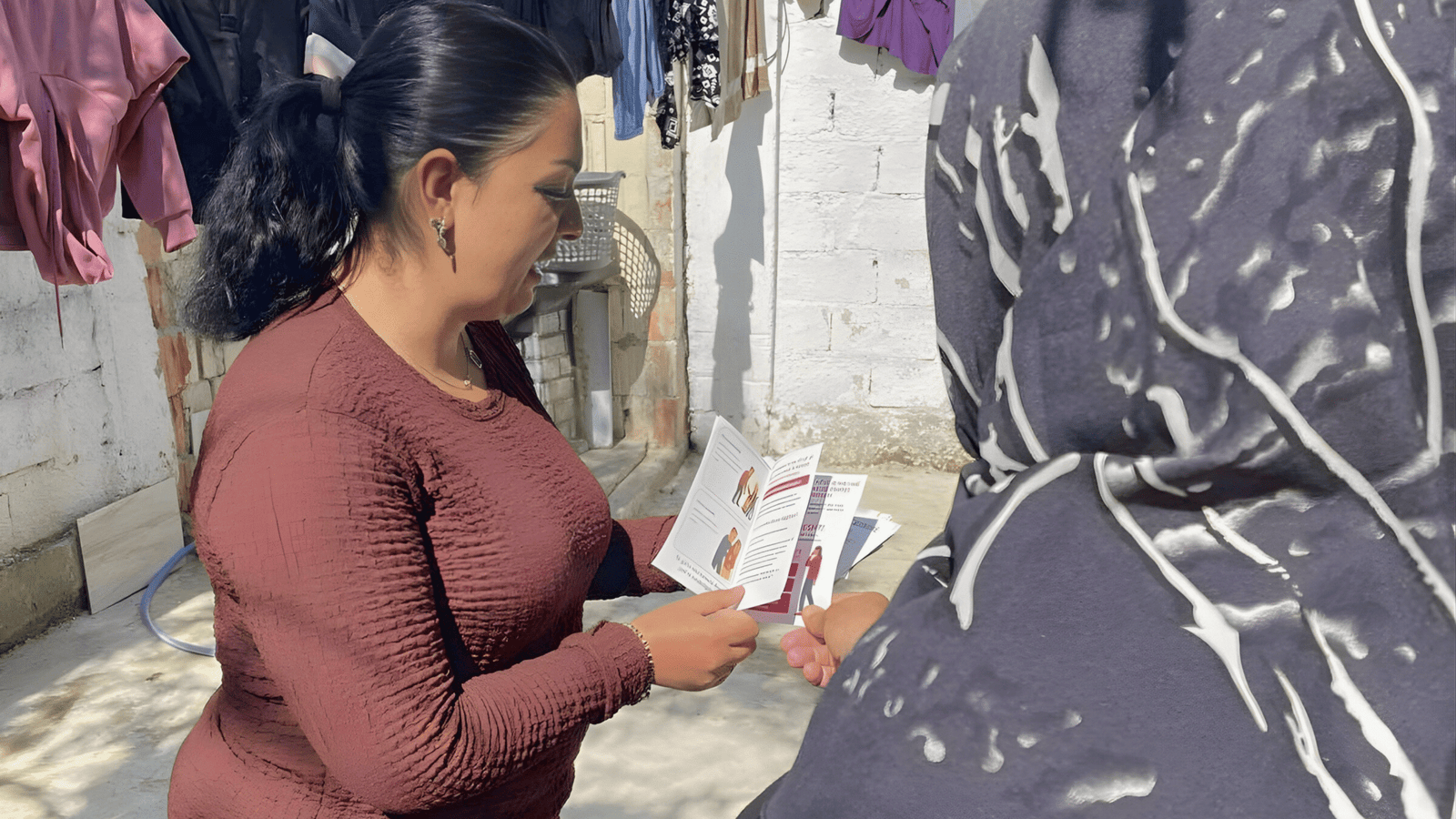Kosovo Women’s Network (KWN), as part of the Gender Budget Watchdog Network, published its latest policy brief on “Monitoring the Implementation of SDG Indicator 5.c.1 in Kosovo” for 2019. The Sustainable Development Goal (SDG) 5.c.1 Indicator on gender responsive budgeting includes “the percentage of countries with systems for tracking and making public allocations for gender equality and women’s empowerment.” This policy brief used UN Women methodology which assesses three main criterions: i) government’s intent to address gender equality by identifying whether policies, programs and resources/budgets are in place; ii) if Public Finance Management System promotes gender-related or gender-responsive goals; and, iii) if public resource allocation mechanisms exist to increase accountability.
In relation to the first criterion, findings include that there are government programs or policies designed to address well-identified gender equality goals in Kosovo, as well as procedures in place to ensure that these resources are executed according to the budget. However, the programs or policies do not have sufficient resources allocated within the budget to meet both their overall objectives and their gender equality goals.
In relation to the second criterion, findings include that the Ministry of Finance issues circulars or directives providing specific instructions on gender responsive budget allocations, as well as key programs and policies proposed for budget inclusion are subject to an ex-ante gender impact assessment. However, the government does not provide, in the context of the budget, a clear statement of gender-related goals, often known as the gender budget statement. Furthermore, gender-disaggregated statistics and data are not used systematically across key programs and policies in a way that can inform budget-related policy decisions. Additionally, there are not any prerequisites for implementing a gender perspective in the context of setting performance-related objectives. In Kosovo, key programs and policies are not subject to ex-post gender impact assessment and the budget as a whole is not subjected to an independent audit to assess the extent to which it promotes gender responsive policies.
In relation to the third criterion, findings include that information on gender equality allocations has not been published in an accessible, timely manner and in an easily understandable format on the website of the Ministry of Finance and/or relevant official bulletins or public announcements in 2019 in Kosovo.
Recommendations tailored to specific institutions, to ensure progress for implementing this Indicator, included:
- a shift from Kosovo’s current system of line budgeting and economic categories to using programmatic budgeting, which would facilitate systematic use of GRB and performance budgeting;
- the government should use budget performance indicators relating to gender equality for diverse budget lines and sectors, to demonstrate progress more clearly; gender-disaggregated statistics and data should be created, maintained, and used systematically to inform budget-related policy decisions by all budget organisations at the local and central level;
- all key programs and policies to be subject to an ex-ante and ex-post gender impact assessment; the Parliamentary Committee on Budget and Transfers, and Committee for Human Rights, Gender Equality, Missing Persons and Petitions should collaborate jointly to organise public hearings to inform the finalisation of the budget;
- Ministry of Finance in collaboration with Agency for Gender Equality should draft and provide a Gender Budget Statement for every Law on Budget proposed and adopted annually;
- National Audit Office should publish analysis of the budget from a gender perspective at least once every five years, but ideally annually; municipalities should provide timely information on gender equality related budget allocations and expenditures; and, budget information and gender equality allocations, and
- expenditures should be public and accessible on the website of the Ministry of Finance, in a timely and easily understandable manner.
For more details, please read the policy brief HERE.
This publication is part of the Gender Budget Watchdog Network, with partner organizations from Albania, Macedonia, Montenegro, Bosnia and Herzegovina, Moldova, and Serbia, undertaking a joint action on gender responsive budgeting, supported by the Austrian Development Agency and co-funded by Sida.







